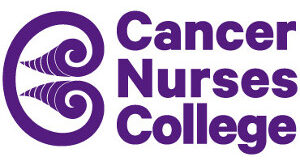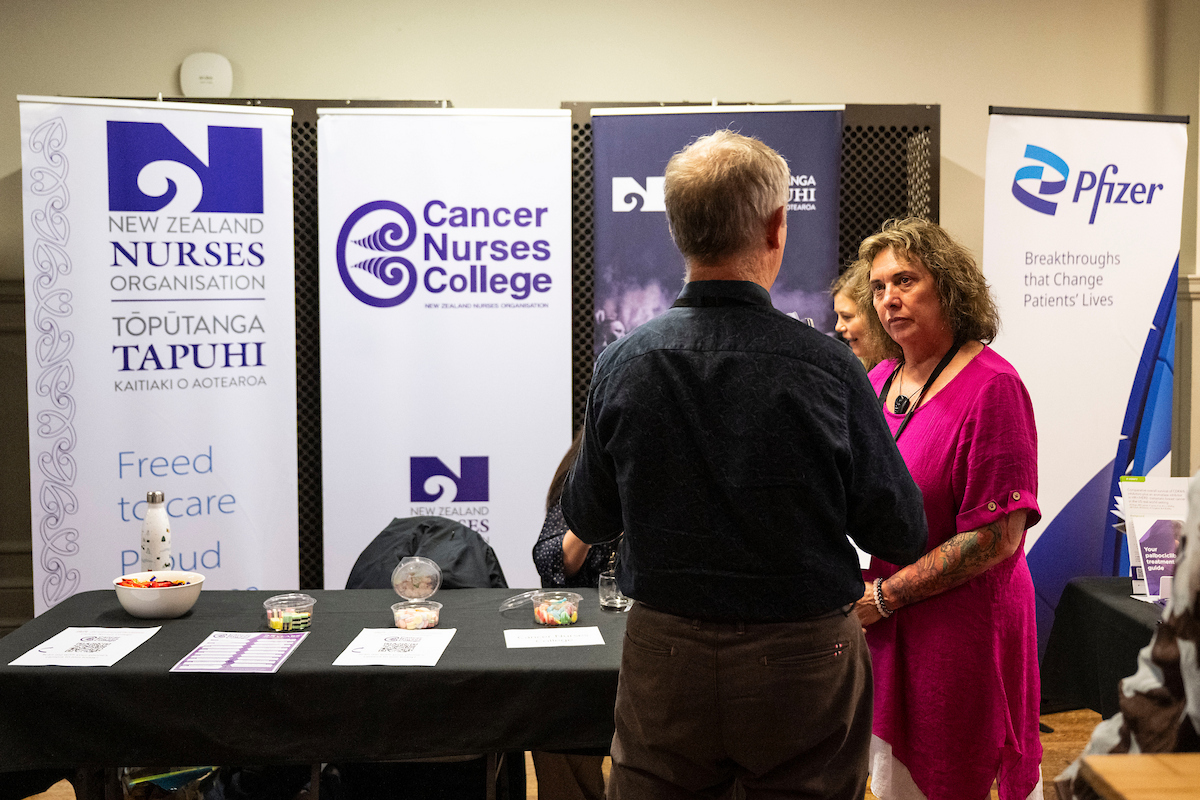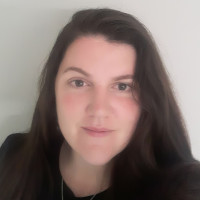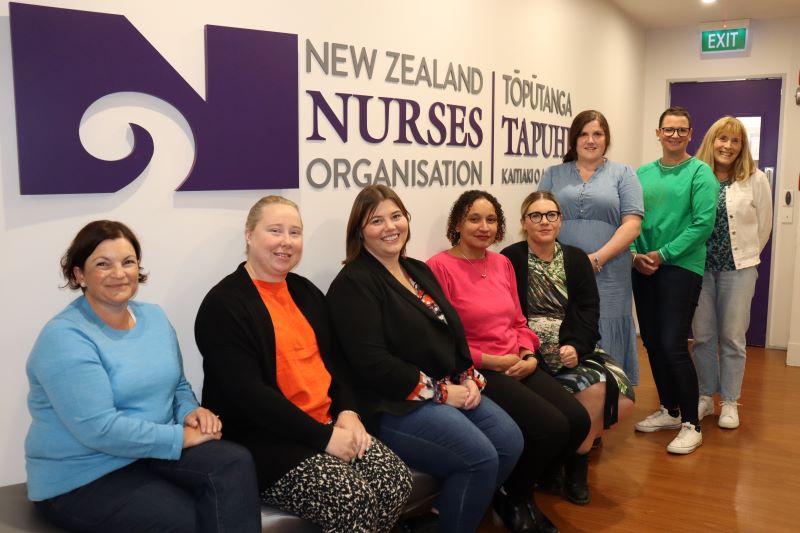 I realised pretty early on in my own career the vital role nurses can play in bringing clinical care and compassion together — and the huge difference this can make to cancer patients’ outcomes.
I realised pretty early on in my own career the vital role nurses can play in bringing clinical care and compassion together — and the huge difference this can make to cancer patients’ outcomes.
Nurses play a vital role in every aspect of a patient’s cancer journey, from providing complex clinical care and managing treatment-related toxicities to giving emotional support and education for patients and whānau. We are also advocates and coordinators, ensuring that care is holistic and tailored to each patient’s needs.
Through these daily interactions, I have witnessed how nurses can make a profound difference in improving patients’ quality of life, promoting dignity and fostering hope in even the most challenging circumstances.
Nurses bring a different lens to doctors. We just have another perspective and are able to spend more time with patients which can make a real difference to their journey.
So upskilling nurses is vitally important to the safety and wellbeing of patients — especially now more cancer treatments are available, all with their own side effects which can vary in severity.
Sadly, fewer and fewer cancer nurses say they can find the time to take up professional development opportunities amid widespread short-staffing and time pressures.
Our recent member survey found nearly half — 49 per cent — said short-staffing and lack of time stopped them doing professional development. Similar numbers — 51 per cent — reported funding was also a barrier.
So we are committed to doing everything we can to support cancer nursing education for our members.
I have witnessed how nurses can make a profound difference in improving patients’ quality of life, promoting dignity and fostering hope in even the most challenging circumstances.
Surveyed nurses told us study days (80 per cent) and conferences (74 per cent) were the most popular way to learn, followed by online study (55 per cent) and face-to-face (49 per cent).
We have now launched a YouTube channel to ensure all members can access educational material at a time and place that suits them.
We are also proud to support our members doing postgraduate study to access professional education. Recently, 15 members took up our offer of funding support to attend the New Zealand Society for Oncology-Te Pūao Mātai Pukupuku (NZSO)’s three-day conference in Ōtepoti/Dunedin last month.

My own cancer nursing journey

Originally from Scotland, I came to New Zealand when I was 19. I found a passion for cancer nursing working on an oncology ward as a student nurse transitioning to practice. Returning to the ward as a new graduate, I started to understand how important and influential nurses are in contributing to the best outcomes for cancer patients.After a few years I became a clinical nurse specialist (CNS), and also I started working as a nursing lecturer while completing my Masters degree.
Today, I am still juggling my CNS role with an education role, and approaching my final year of a doctorate in health science with my research focus on assisted dying in Aotearoa.
As college chair I want to work closely with members to understand their needs and expectations of the committee, expand our educational resources and ensure the ongoing stability of our highly skilled committee of cancer nurses!
The conference was run in association with our college, and brought together clinicians, researchers, scientists and community representatives came together to share cutting-edge research, explore new models of care and reflect on the collective vision for improving outcomes for people affected by cancer in Aotearoa.
It was also a vivid reminder of the vital role nurses play in bridging research, clinical practice and compassionate care. One speaker, University of Sydney professor of cancer nursing Kate White, embodies this beautifully.
One of our members, Christchurch nurse Tessa Newman, was the lucky winner of a draw for a full conference package including accommodation. She said the experience was “exceptional”, especially hearing Professor White’s passion for patient advocacy.
“Her passion for nursing and patient advocacy was palpable, especially as she addressed taboo topics like intimacy and sex during the cancer journey. Her confidence and sensitivity made the discussion feel both real and respectful. Her insights into end-of-life care were equally powerful, challenging us to rethink how we approach nursing in those moments.”
College mahi
One of our most significant achievements this year was the release of the safe handling of monoclonal antibodies position statement, an evidence-informed guide promoting safe and consistent practice with these cancer drugs across the sector.
We are also very keen to ensure the college perspective is included in all national guidelines relating to cancer care. Current guidelines being updated include the safe administration of systemic anti-cancer therapies (SACT — which include treatments like chemotherapy and immunotherapy) in the community and cancer nursing education.
We would also like to acknowledge the recent improvement in national cancer health targets. While such measures do not always fully reflect the complexity of the current system, we do wish to recognise the outstanding mahi of all our oncology colleagues who continue to deliver high-quality compassionate care across the cancer continuum in an increasingly constrained and under-resourced environment.
Despite expanded breast screening to include 70 to 74-year-olds and widened access to funded cancer medicines, we know there is still a lot of work to be done to ensure equity, access and best care for all people affected by cancer.
We are delighted to welcome two new committee members, Liv Collier from Tauranga, and Natasha Chisholm from Christchurch. Both bring valuable experience, insight, and passion for cancer care, sharing a vision that aligns strongly with the committee’s goals and direction.
But we are sad to farewell long-time chair Shelley Shea, whose leadership, advocacy and steady guidance have brought strength and stability to the committee. Ngā mihi nui, Shelley, your hard work has been greatly valued.
Most importantly, the committee remains dedicated to representing members, and we warmly welcome feedback, ideas, or suggestions at any time. Contact us on [email protected] or via our new LinkedIn page or Facebook.
See also: Short-staffing and lack of time stops half of cancer nurses upskilling.






